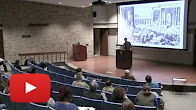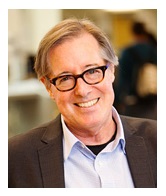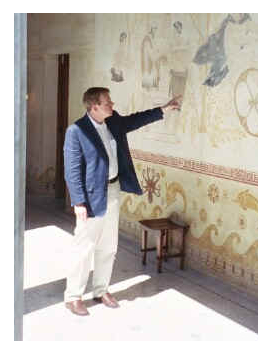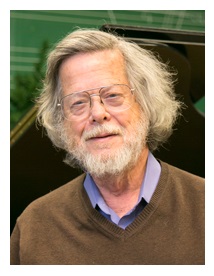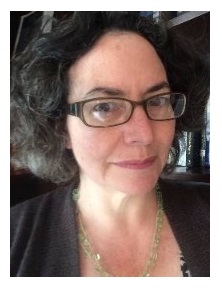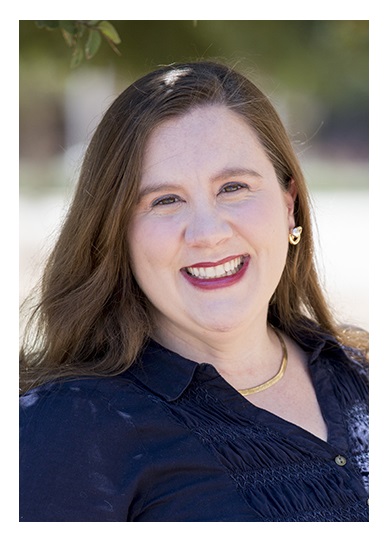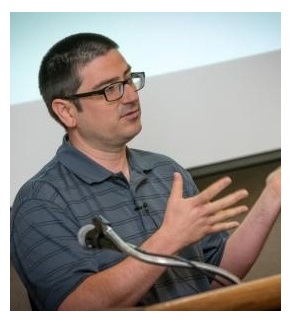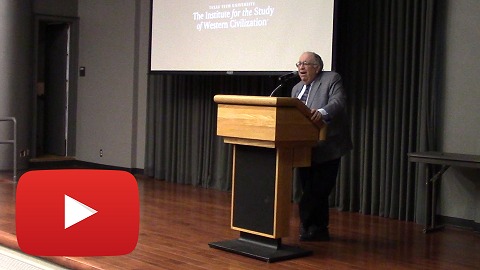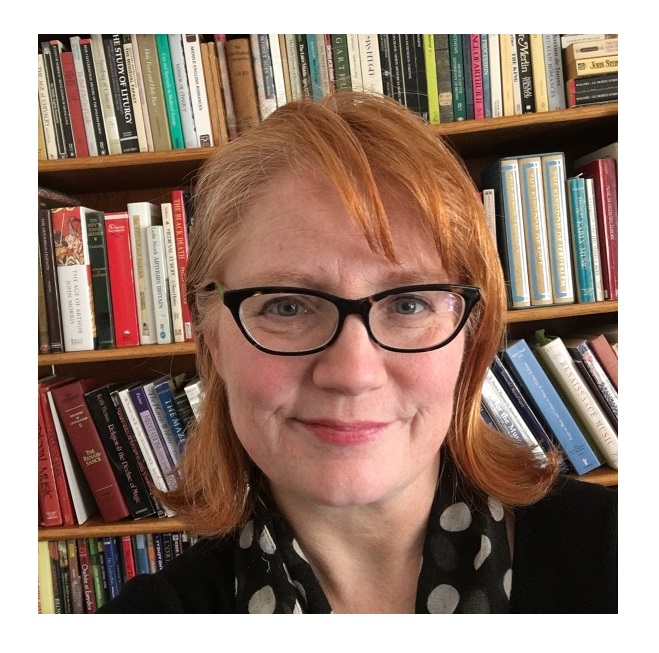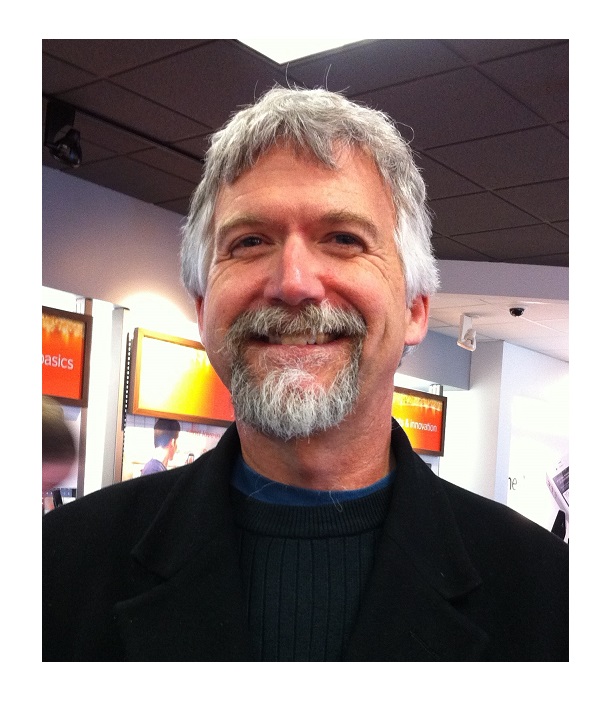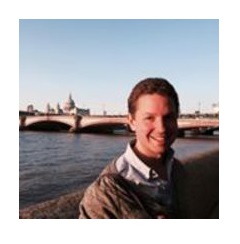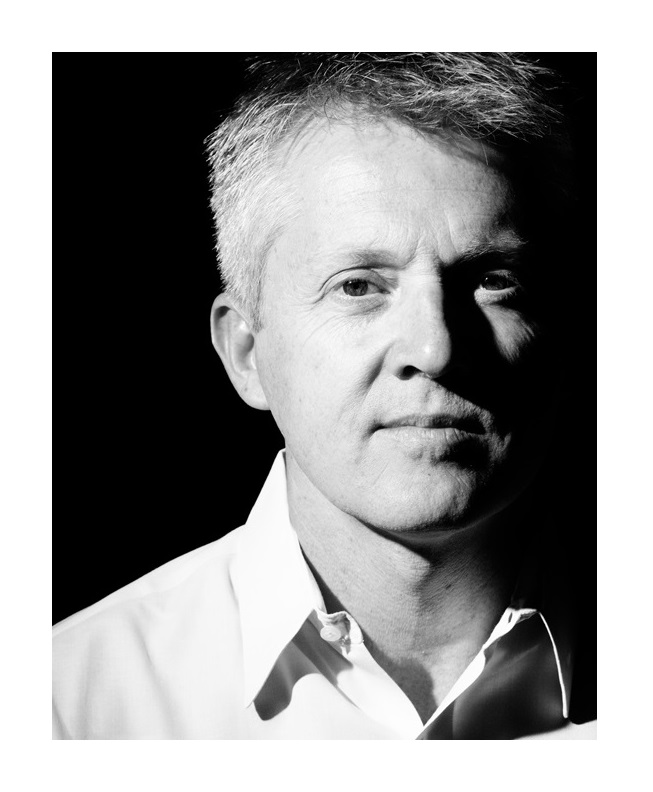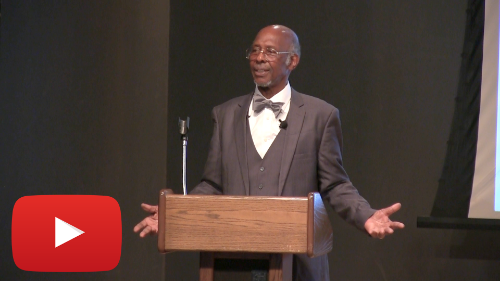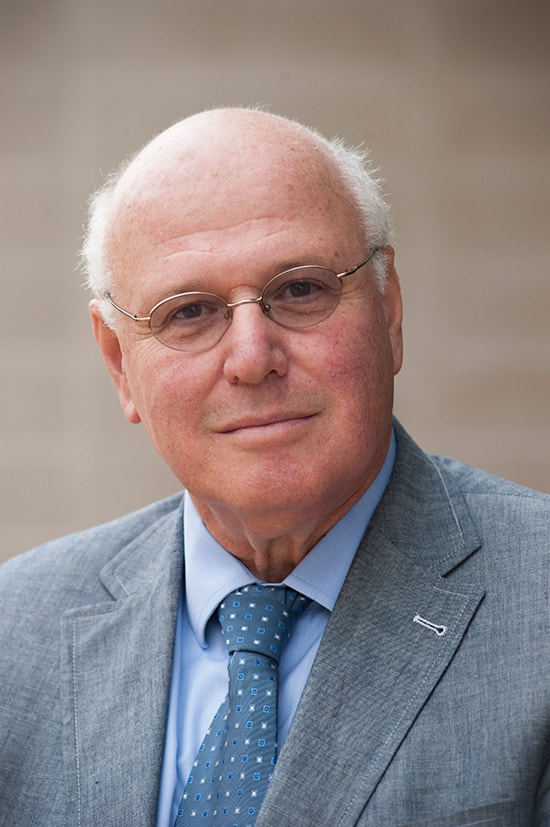The CH Foundation 2018 Lecture Series Events
These events are made possible by the generous support of The CH Foundation.
"Science and The Scientific Revolution" Lecture Series
Watch the sneak peek trailer for the Institute's weeklong lecture series commemorating
"Science and The Scientific Revolution."
February 8, 2018
Featuring Dr. Peter Dear, Professor of History and of Science and Technology at Cornell University
The term "the Scientific Revolution" became popular among historians following the Second World War. Although talk of a "revolution" in science in the sixteenth and seventeenth centuries had become common in the eighteenth century, many twentieth-century historians took to the new term for a variety of reasons that do not now always seem as persuasive as they once did. In recent decades academic historians of science have come to doubt the coherence of the concept itself, seeing it as something applied only in retrospect to a miscellany of different developments in the making of natural knowledge associated with famous names like Galileo and Newton. But in the last five or so years, several books have been published that attempt to restore the Scientific Revolution to its former place as a crowning achievement of European culture. This talk examines why a controversy exists over the matter, and what might be at stake for people (not just historians) in calling an entire period by such a name.
"Science and the Scientific Revolution" TTU Faculty Lectures:
"Shakespeare and his Legacy" Lecture Series
Watch the sneak peek trailer for the Institute's weeklong lecture series commemorating
"Shakespeare and his Legacy."
April 5, 2018
Featuring Paul Cantor, Clifton Waller Barrett Professor of English at the University of Virginia
If Shakespeare's plays constitute some of the great monuments of Western civilization, one reason is that they are deeply rooted in its grand traditions. Shakespeare's imagination ranged widely in terms of both geography and history. His historical plays chronicle the evolution of the British regime, from the chaos of feudal monarchy to the order of a modern centralized kingship. In his Roman plays, Shakespeare goes back to the ancient world to uncover the contribution of the classical republican tradition to the modern world. As a figure of the Renaissance, Shakespeare was positioned to draw on both ancient and modern traditions, and his plays can help us understand how the confluence of those traditions helped create our world today.
Professor Cantor specializes in comparative literature, Renaissance, and Romanticism. He has published extensively on Shakespeare and is well known for his writings on popular culture.
This event is the featured lecture of the Institute's highly anticipated "Shakespeare Week." In the days leading up to Paul Cantor's talk, several faculty members of Texas Tech will address the main topic of his lecture with their classes in various departments, which are listed below.
"Shakespeare and his Legacy" TTU Faculty Lectures:
"The U.S. Constitution and American Civic Culture" Lecture Series
September 12, 2018
Featuring William B. Allen, Emeritus, Dean and Professor, Michigan State University
and current Visiting Professor of Conservative Thought and Policy, University of Colorado
In the beginning, Americans got it right. They did not fall for the false choice
between the comfort of the least and the potential of the best, sometimes posed as
a choice between the common good and individualism. Instead, the founders envisioned
a productive people who were at the same time a caring people. They identified social
progress with realizing the potential of the best. Lately social progress tends to
be identified with the comfort of the least. As a result, many have turned away from
relying upon creative and productive individuals to advance society and first of all
look at citizens as wards of the state (the disadvantaged) and secondly as lucky (the
advantaged; “you didn't build that”). The problem is, a society can care for the least
of its members only when it fosters the productivity of the best of its citizens.
An upside down view of praiseworthy character threatens to undermine the foundation
of social progress in good character. Good character in turn builds upon conscientious
self-reliance.
This event is the featured lecture of the Institute's highly anticipated "Constitution Week." In the days leading up to Dr. Allen's talk, several faculty members of Texas Tech will address the main topic of his lecture with their classes in various departments.
"Constitution Week" TTU Faculty Lectures:
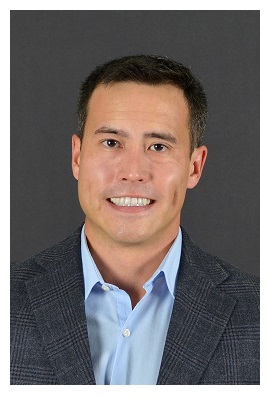
Ryan Hackenbracht
Assistant Professor, Department of English, TTU
"Holy Disobedience, Compulsory Liberty: Hobbes, Locke, and the Biblical Right to Be
Bad"
Monday, September 10th, 5:30-7:00 p.m.
Senate Room, Student Union Building (Room 125)
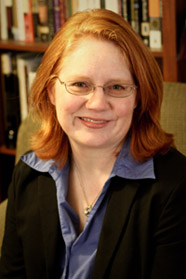
Stacey Jocoy
Associate Professor, School of Music, TTU
"From Yankee Doodle Dandy to Hamilton: Music that Makes the Nation"
Tuesday, September 11th, 5:30-7:00 p.m.
Lubbock Room, Student Union Building (Room 124)
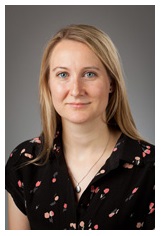
Erin-Marie Legacey
Assistant Professor, Department of History, TTU
"The Dead and the Founding of the French Revolution"
Wednesday, September 12th, 5:30-7:00 p.m.
Mesa Room, Student Union Building (Room 217)
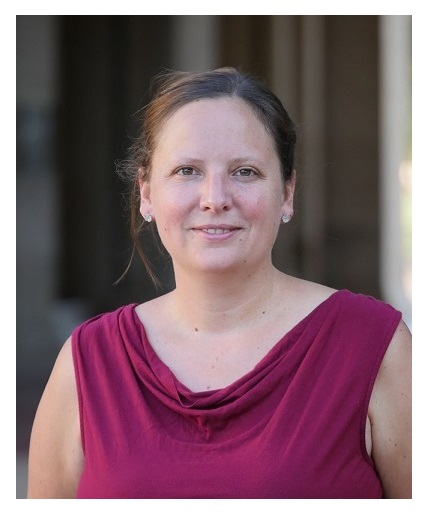
Sydnor Roy
Assistant Professor of Classics, Department of Classical and Modern Languages and
Literatures, TTU
"Lawgivers or Tyrants: Plutarch's Lives and the contested status of the 'Founding
Fathers' in Revolutionary -era America"
Monday, September 17th, 5:30-7:00 p.m.
Senate Room, TTU Student Union Building (Room 125)
"The Shadow of the Great War" Lecture Series
November 12, 2018
"The Great War" - A Weeklong Lecture Series Event
Featuring Jay Winter, Professor of History Emeritus, Yale University
"The Second Great War, 1917-1923"
Date and time: Monday, November 12th, 6:00 p.m.
Location: TTU Student Union Building - Escondido Theater (basement)
In this talk, Dr. Jay Winter will present a bifurcated interpretation of the history of the Great War, dividing it into two parts: the first lasting from 1914 to 1917, the second from 1918 to 1923. In this way, Dr. Winter will outline two major changes in historiography which have occurred in recent years, this first being a shift of the geographical epicenter of the war from Paris to Warsaw, and the second being a shift in the chronology of the war, one which recognizes its failure to end in 1918.
Dr. Winter's interpretation will suggest that there was a crisis in 1917 which separates the first three years of the conflict from the years that followed, and was largely the result of powerful economic and demographic pressures which destabilized all the combatants, though the Central powers more than the Allies. This crisis abated somewhat in the west in 1918 but continued in the east in an exacerbated form for the following five years. Hatred, hunger, and class conflict were radicalizing elements in the disorder of the post-Imperial world, set adrift by the collapse of the Romanoff, Hohenzollern, Habsburg, and Ottoman empires. Post-imperial violence was endemic in these regions, merging civil war, ethnic conflicts, and national conflicts which played out in what we might well call the Second Great War. Dr. Winter's claim is that the passage from wartime crisis to post-imperial violence was seamless, and part of one complex but distinctive phase of European history, starting in 1918 and terminating more or less in 1923.
Dr. Winter is a specialist on World War I and its impact on the 20th century. In addition to writing and co-authoring numerous books, Dr. Winter was also co-producer and writer of the award-winning PBS/BBC documentary series, The Great War and the Shaping of the 20th Century.
This event is the featured lecture of the Institute's highly anticipated "Great War Week." In the days leading up to Dear's talk, several faculty members of Texas Tech will address the main topic of his lecture with their classes in various departments.
"The Shadow of the Great War: the Armistice's Centennial"
TTU Faculty Lectures:
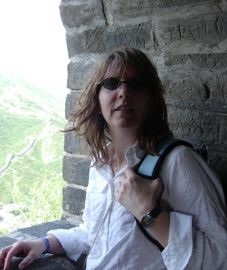
Jen Shelton
Associate Professor, Department of English, TTU
Thursday, November 8th, 6:00-7:20 p.m.
Senate Room, TTU Student Union
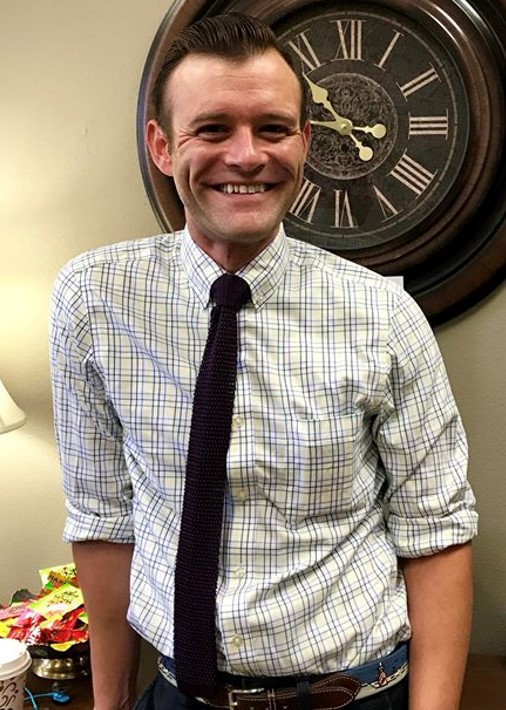
Richard Lutjens
Assistant Professor, Department of History, TTU
Wednesday, November 14th, 6:00-7:20 p.m.
Mesa Room, TTU Student Union
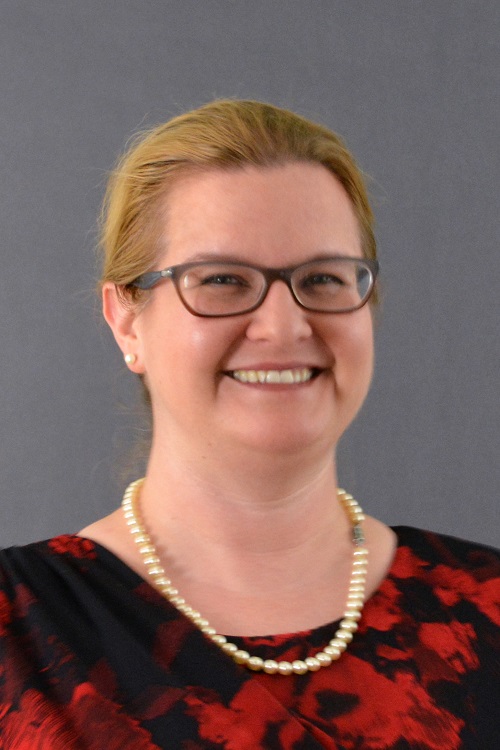
Allison Whitney
Associate Professor, Department of English, TTU
Thursday, November 15th, 6:00-7:20 p.m.
Lubbock Room, TTU Student Union
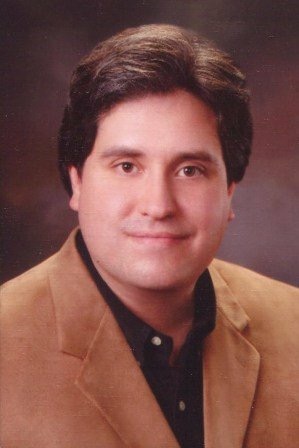
Dr. Michael Fredrick Rollin
Instructor, Department of History at
Texas Tech University, Fredericksburg/Highland Lakes
Tuesday, November 20th, 6:00-7:20 p.m.
Lubbock Room, TTU Student Union
The Institute for the Study of Western Civilization
-
Address
Mailing Address: Box 42019 - The Institute for the Study of Western Civilization, Lubbock, TX 79409-2019 -
Phone
806.834.8289 -
Email
steve.balch@ttu.edu

